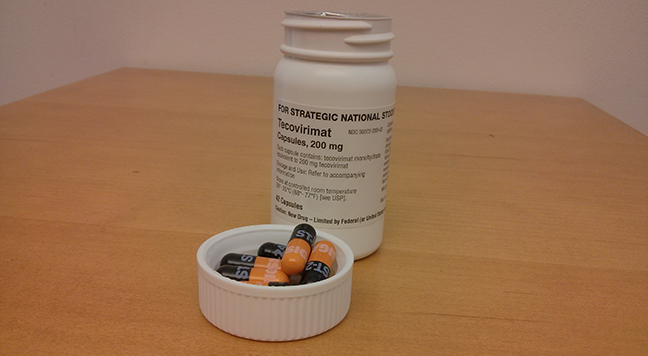TPOXX (Tecovirimat) Operational Planning Guide — Information for Providing Therapeutics for Persons with Mpox
Updated July 2024

The U.S. government has been working with state, local, Tribal, and territorial (SLTT) partners to carry out a national strategy to provide vaccines and therapeutics to treat individuals with mpox.1 This guide is provided to aid SLTT health officials in their planning and response efforts.
Anyone, regardless of gender identity or sexual orientation, can get mpox if they have close contact with someone with active virus infection. Most of those affected in the global outbreak that began in 2022 are men who identify as gay, bisexual, or other men who have sex with men. Cases have also been reported, to a lesser extent, among women, children, and adolescents.
On August 4, 2022, the Biden Administration declared mpox a federal public health emergency (PHE). The U.S. Department of Health and Human Services (HHS) rapidly expanded access to thousands of patient courses of TPOXX (tecovirimat) for treatment of mpox infections as outlined in Treatment Information for Healthcare Professionals | Mpox | Poxvirus | CDC. The PHE expired on January 31, 2023; however, HHS continues to make TPOXX available to those who qualify for treatment.
Oral TPOXX treatment for mpox is primarily available through voluntary participation in the
Study of Tecovirimat for Human Mpox Virus (STOMP), sponsored by the National Institutes of Health (NIH). Oral and intravenous TPOXX are available for those who meet treatment eligibility under the Centers for Disease Control and Prevention’s
Expanded Access Investigational New Drug (EA-IND) protocol; refer to Section 2.0 of the protocol for details. Please note the EA-IND was recently updated (June 2024).

